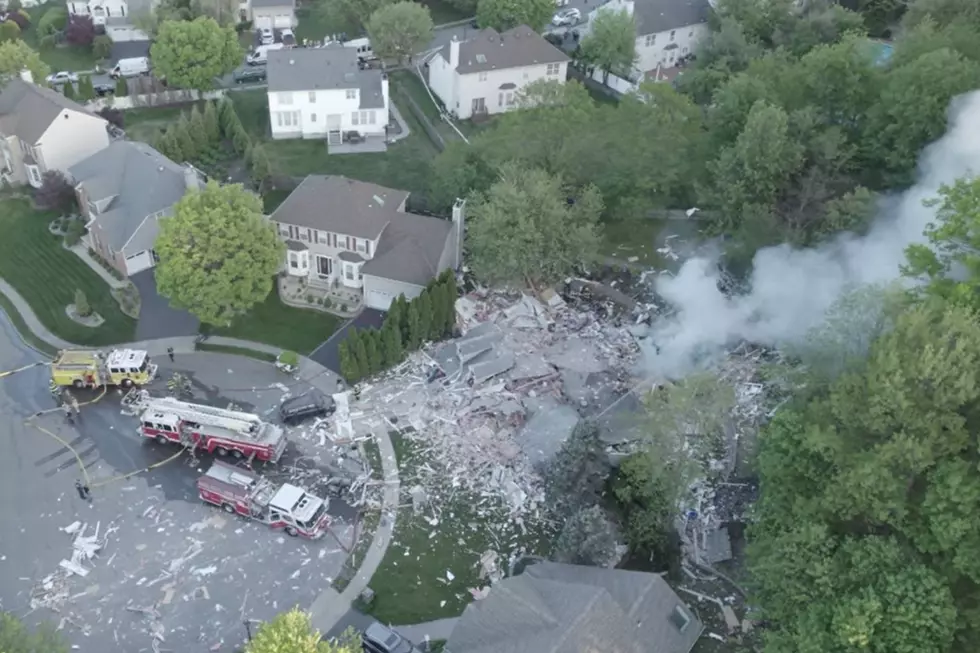A new report finds Jersey could fix some of its budget woes
New Jersey 101.5 related video
A new report find New Jersey should make some common sense adjustments to help solve a recurring budget problem.
The Stockton University report recommends increasing the size of New Jersey’s rainy day fund, because the state never seems to have enough money to cover all of the items that are added to the state budget.
“The biggest problem the state is facing is it has failed to produce a budget stabilization fund or surplus revenue fund, as it’s called in New Jersey, to deal with these swings in the accuracy of the forecasts,” said David Carr, a political science professor at Stockton University and co-author of the report.
He noted “we’ve been through a series of April surprises that largely reflected revenue forecasts that fell significantly short of expectations.”
Carr said there will always be errors in revenue forecasting, but it’s important to try and get it as accurate as possible, and be prepared when expectations are not met.
“Even small percentage errors can produce shortfalls in the millions of dollars, which have severe programmatic impacts,” he said.
He noted sometimes these inaccuracies occur at the macro level, and are caused by the Great Recession, Superstorm Sandy and other major events. But “we’ve got to do something to have a revenue fund that will cushion the swings in revenue, and to have a revenue fund that will in fact match the size of the errors that we’ve experienced thus far.”
So where is this money going to come from?
Carr said there is always a higher demand for spending than there is revenue, but in order for the state to solve this problem, something has to change.
“One of the analogies we drew in our report is a typical American saving for retirement. Are you going to have to do without some things? Yes you are.”
He noted the state of Delaware has a rule that they are not permitted to appropriate 100 percent of the forecast revenues.
“They hold back 2 percent of the revenues that are forecast for a proactive deposit into their surplus revenue fund,” he said.
“It means that decisions will have to be made about where the money is going to be spent, what the priorities are going to be.”
He pointed out finding information about revenue forecasting in New Jersey is a little bit more difficult than it is in other states.
Carr said the governor makes a revenue projection as does the Office of Legislative Services, but “nobody is synthesizing this information and making available widely to the public.”
Some states use outside experts to help develop revenue forecasts, and that helps in accuracy and transparency, he says.
The report recommends consensus forecasting, where both the Governor’s Office and the Legislature would agree on the projected revenue number.
He said this may not be any more accurate than what is done now, but it would allow everyone “to deal with the same shared reality, rather than having the governor refer to the head of OLS as the 'Dr. Kevorkian of the numbers.'”
The bottom line, said Carr, is revenue forecasts are very difficult to do, and in order to deal with this, “you need to have a surplus revenue fund that matches that error. You’ve got to make some adjustments in what you’re doing. Otherwise, the surplus revenue fund is going to end up out of money, just like it is now.”
You can contact reporter David Matthau at David.Matthau@townsquaremedia.com.
Also on New Jersey 101.5:
More From New Jersey 101.5 FM









